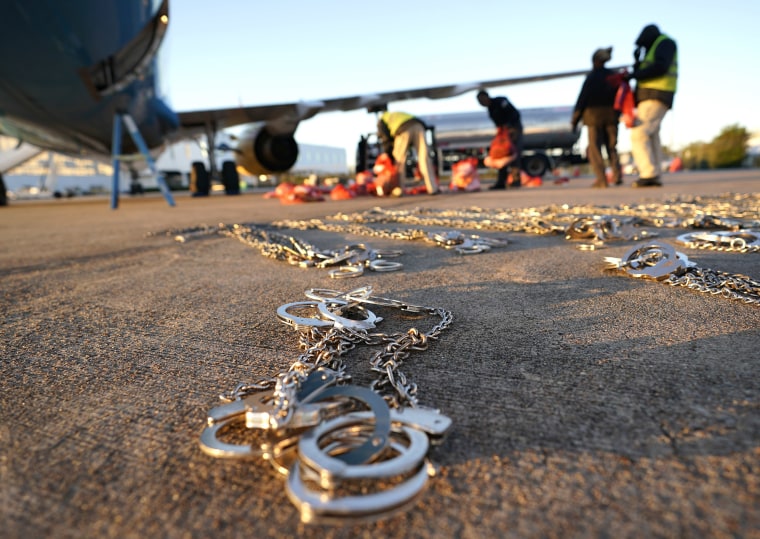AUSTIN, Texas — Researchers who surveyed 1,109 Mexicans deported from the United States say the results suggest that denial of medical attention to migrants in U.S. custody is a widespread and systemic problem.
One young man who had fractured his vertebrae while crossing the border in the desert was deported the same day as his spinal surgery.
“In a separate case, a man was deported with a broken collarbone protruding from his skin,” stated researchers in a report published Friday by the Center for Migration Studies in response to the death of Jakelin Caal Maquin, 7, while in Customs and Border Protection Custody.
The researchers said their data show that the denial of medical attention appears to affect indigenous language speakers disproportionately.
Jakelin was from Guatemala and her father, Neery Caal Cuz, spoke Q’eqchi.
The surveys were done in several cities in Mexico from 2010 to 2012 with Mexicans who had entered the United States without legal permission and were deported. The researchers surveyed another 97 Mexican unaccompanied minors, also recently deported, in 2017.
“We have conducted research on unauthorized Mexican migration for more than a decade. Over the years we were eyewitnesses to a host of problems such as people being deported with injuries and in poor condition, some unable to walk and many dehydrated and hungry,” the researchers stated in a copy of the report provided to NBC News.
Nearly a quarter of the Mexicans surveyed — all who had entered the United States without legal permission and been deported — said they needed medical attention while in U.S. custody.
Of those who needed it and asked for it, 37 percent, were denied. That, the researchers said, suggests systematic denial of care for those who asked for it and needed it.
About the same share, 38 percent, of unaccompanied minors, asked for medical attention and were refused.
“The data show there’s a substantial proportion of people who said they needed medical attention and didn’t receive it,” said Josiah Heyman, one of the authors of the report and director of University of Texas at El Paso’s Center for Inter-American and Border Studies.
While nearly 36 percent of non-indigenous language speakers received care, only 24 percent of indigenous speakers did. The researchers acknowledge that communication gaps are likely to occur leading to indigenous language speakers not being understood when they are asking for or in need of medical assistance.
The researchers said those numbers do not include instances when care when care was withheld or delayed.
The researchers said although their information came from surveys of Mexicans and Jakelin is from Guatemala, “it is important to note the broader trends in access to medical care while in U.S. custody, as well as issues facing indigenous language speakers.
The report’s authors said they expect the findings would hold true for Central Americans too.
The report was written by Jeremy Slack, an assistant professor who runs the Immigration and Border Communities Research Experience for Undergraduates, Daniel E. Martinez, assistant professor of sociology at University of Arizona.
After Jakelin's death, Customs and Border Protection Commissioner Kevin McAleenan said CBP agents were seeing a surge of large groups of migrants arriving at Antelope Wells, N.M., a remote part of the nearly 2,000-mile border where Jakelin and her daughter crossed.
McAleenan did not report Jakelin's death to Congress, as required by law. It was made public by the Washington Post.
The researchers stated Jakelin's death is the result of lack of a formal process to guarantee the safety of migrants after they are apprehended.
“Too often complaints about the Border Patrol are dismissed as the case of a few bad apples, rather than an institutional problem for a multibillion-dollar federal agency that has failed to provide adequate conditions, transparency and timely and effective emergency response processes for agents on the ground.”
FOLLOW NBC LATINO ON FACEBOOK, TWITTER AND INSTAGRAM.


